Ukrainian poultry giant MHP: ‘Food distribution is target’
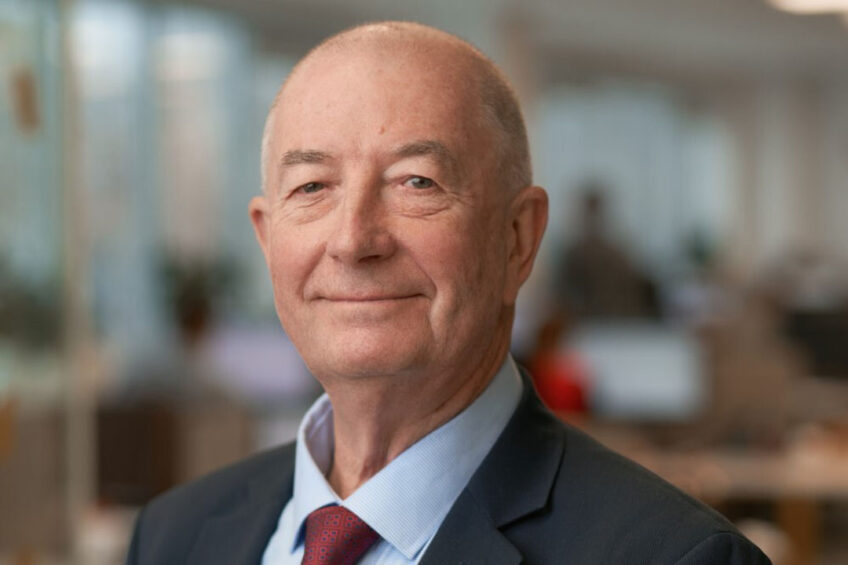
As Ukraine defends itself tooth and nail against Russia’s invasion, agricultural integration, MHP, struggles to keep producing food for the Ukrainian people.
Executive chair, John Rich, talks about the arduous production in times of war.
“MHP normally produces about 50% of Ukraine’s poultry meat. Right now, this is about 90%,” estimates John Rich, executive chair of the Ukrainian poultry giant, Myronivsky Hliboproduct (MHP). The Russian invasion of Ukraine started a month ago, and he has seen many other major companies ceasing production.
Australian-born Rich speaks from Slovenia where he runs the financial side of the company and conducts corporate communications with a central team of mainly female employees who fled Ukraine. Finance and communication are closely intertwined because MHP is listed on the stock exchange.
Stock value decreased 50%
The value of an MHP share has decreased by 50% in the first month of the war. “The fact that MHP is an integration ensures that the company can continue,” says Rich. This is one of few. According to him, almost all major producers of animal products in Ukraine have ceased production: “Those who are not integrated are in big trouble,” he says. According to the chair, only Danish pig producer, Goodvalley, located in western Ukraine, is still producing.
As an organisation, MHP has gone through an accelerated grieving process, as Rich describes it. Through the 5 stages of grief processing, from denial to acceptance. “That was a process we were forced to go through quickly.”
From an international to a domestic producer
Despite the war, MHP manages to keep a considerable part of its production going, albeit with no small effort. The company, good for an annual production of more than 700,000 tonnes of poultry meat in 2020, mostly has locations in central and western Ukraine. The company has undergone a transformation in recent weeks. Due to the war, all the major poultry meat exporter’s production is now focused on the domestic market.
Since the company itself is fully vertically integrated, from hatchery to in-house feed production, production can continue. However, MHP had to reduce capacity. Currently, the company produces at about 80% of its regular capacity. Normally, MHP produces almost as many broilers on an annual basis as the whole of the Netherlands.
Distribution centres targeted
Rich calls the current situation in Ukraine a catastrophe. “It is the biggest humanitarian disaster in Europe since World War II.” The company is currently giving away some of its poultry for free. “Food distribution has become very challenging,” he says. In areas where production continues reasonably well, it is difficult to get products delivered. Russia specifically targets supermarket distribution centres, Rich says. “There is no doubt about that.”
Photos are circulating on the internet of a large distribution centre near Kyiv that has been completely destroyed. MHP now assists retailers in the distribution of refrigerated products. The company also distributes directly to consumers, in areas where the rest of the chain has disappeared. For this purpose, MHP mostly supplies ‘ready-to-eat’ products.
No parts
Logistics is challenging, says the chair with a sense of understatement, with routes that need to be adapted every day to current situations. Being a driver in a war zone is life-threatening. In the first 2 weeks of the war, driver availability was an issue, but Rich says people have already signed up for it.
Of the 27,000 employees MHP has in Ukraine, about 1,500-2,000 now fight in the military. But in the meantime, others have come forward to do the work, he indicates. Labour is therefore not a problem, although it is a bit more difficult for specific tractor work. “One of our biggest problems is trucks. Some are from the EU, some from Russia. The parts are not available. We must try to keep running what we do have.”
Ready for the sowing season
MHP is also one of the largest grain growers in Ukraine. The company manages about 370,000 hectares and has everything ready for the new season, says Rich, from fertiliser to sowing seed and fuel. As far as supplies go, MHP can sow. The situation is quite different for Ukraine’s smaller agricultural companies, which do not have everything in stock.
Rich is worried about what will happen to these smaller companies. “Getting fertiliser onto the land is a major challenge. Yields will eventually suffer.” He currently calls eastern Ukraine “no man’s land”, inaccessible, and the area above Kyiv has also been “compromised” by Russian troops.
Deferral of interest bonds
The new sowing season and the distribution are the operational challenges facing the team in Ukraine in particular. The finance team in Slovenia has another challenge: cashflow. MHP has made an appeal to those holding company bonds. The company is requesting bondholders to delay paying interest for 9 months. This is necessary for the continuity of the company. “MHP performed extremely well last year,” said Rich.
Equity is not the problem either. But MHP needs cash to keep the business going in times of war. The company emphasises that it has been issuing bonds for the past 16 years and has demonstrated that it always honours its obligations. Rich: “The biggest support I need is understanding from our bondholders. We must keep them with us.”
 Beheer
Beheer
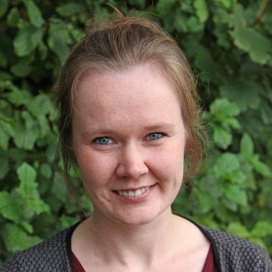

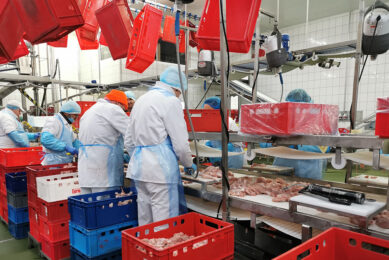
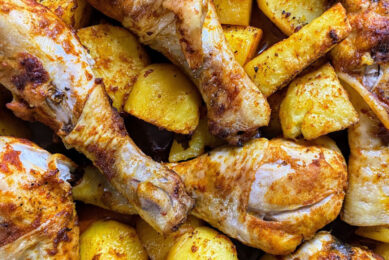
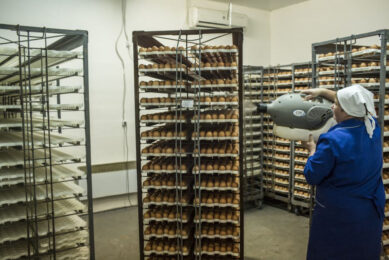
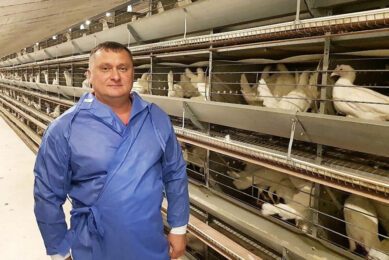





 WP Admin
WP Admin  Bewerk bericht
Bewerk bericht